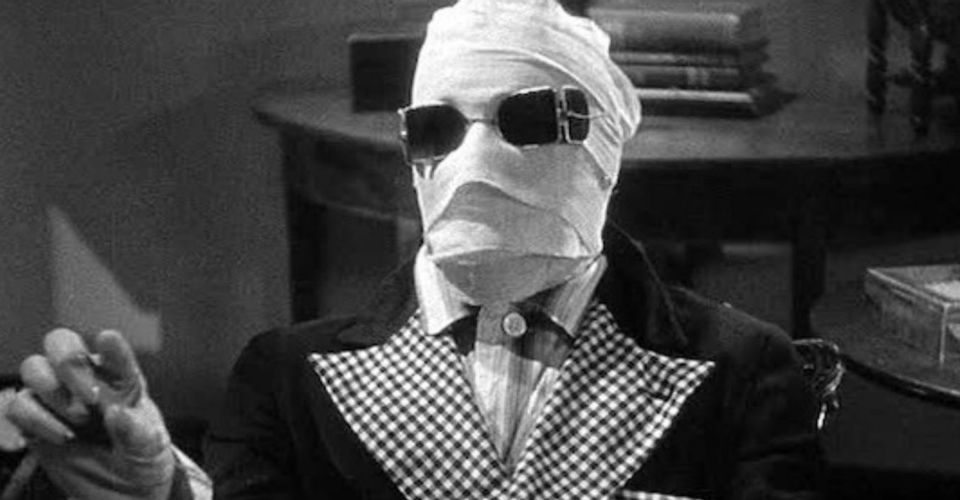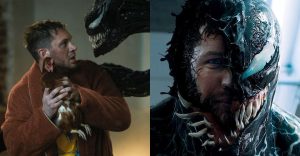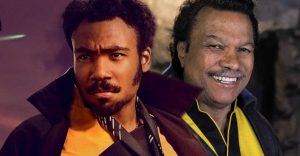Why Johnny Depp’s The Invisible Man Didn’t Happen

With Leigh Whannell’s The Invisible Man releasing February 28th, it’s interesting to take a look back at the remake that wasn’t: Johnny Depp’s version. Why didn’t this happen?
Universal’s classic monsters – known as the Dark Universe – have been an interesting group of intellectual property for some time, particularly with the rise of horror movies’ popularity in the last decade, morphing them more toward the mainstream rather than their previous consideration as a niche genre. While there were some major blockbusters in horror in the 2000s, such as Resident Evil, these were all bordering more on action, with heavy CGI and some horror elements. However, studios like Blumhouse have ushered in the rise of mainstream horror for the past decade with not only stand out hits like Happy Death Day, but also through major franchises like The Purge and universes like The Conjuring movies and even their acquisition of a major franchise, Halloween.
H.G. Wells’ novel, The Invisible Man, was first published in 1897, and the first film adaptation happened in 1933, but has been largely silent since then. There was a loose remake with Hollow Man in 2000, but the Dark Universe has needed a strong hand with clear vision to guide it toward success. This happened once before, but failed before it could get too far off the ground.
Johnny Depp’s The Invisible Man Didn’t Happen – Here’s Why

Universal had big plans for the Dark Universe once upon a time. The studio ushered in their first film in the budding franchise – which has nearly limitless potential for crossovers, as has been done in the past – with The Mummy, starring Tom Cruise. While The Mummy has been tackled before in recent history with Brendan Fraser and Rachel Weisz in 1999, this was a different take. A few years prior, Dracula Untold was also on Universal’s docket with an impressive $70 million budget, but only turned over $217 million in gross profit, which is a decent return, but nothing over the top, and certainly nowhere near the returns on investment that Blumhouse’s low budget horror angle can achieve.
The interest in Dracula Untold might have gotten the ball rolling, but 2017’s The Mummy sealed Universal’s fate with their own, classic monsters. Along with The Mummy, they had released other plans for future movies, which included Dr. Jekyll and Mr. Hyde with Russell Crowe, Frankenstein with Javier Bardem, and even Angelina Jole was rumored to be considered for Bride of Frankenstein. Clearly, they had invested a lot of money into these projects, and had a solid interest. The Mummy released, armed with a massive budget of approximately $125-195 million, but the harsh critical and audience response coupled with the fact that it only turned out $410 million gross provided a lackluster finish for what Universal likely thought would be a sure thing.
Afterward, all the movies they had planned – including the Johnny Depp fronted The Invisible Man movie – were postponed indefinitely. Universal decided to take a different approach, much like the studio did in its inception where they sought out filmmakers who had unique, exciting approaches on the material and wanted specific stories to be told, rather than relying on heavy CGI and high action to support what really should be horror movies. Blumhouse and Leigh Whannell became attached to The Invisible Man in 2019, assigned a $7 million budget, and let the chips fall where they may. If successful, this could very well be the beginning of a Jason Blum-led Dark Universe resurrection.
- The Invisible Man (2020)Release date: Feb 28, 2020
About The Author


















